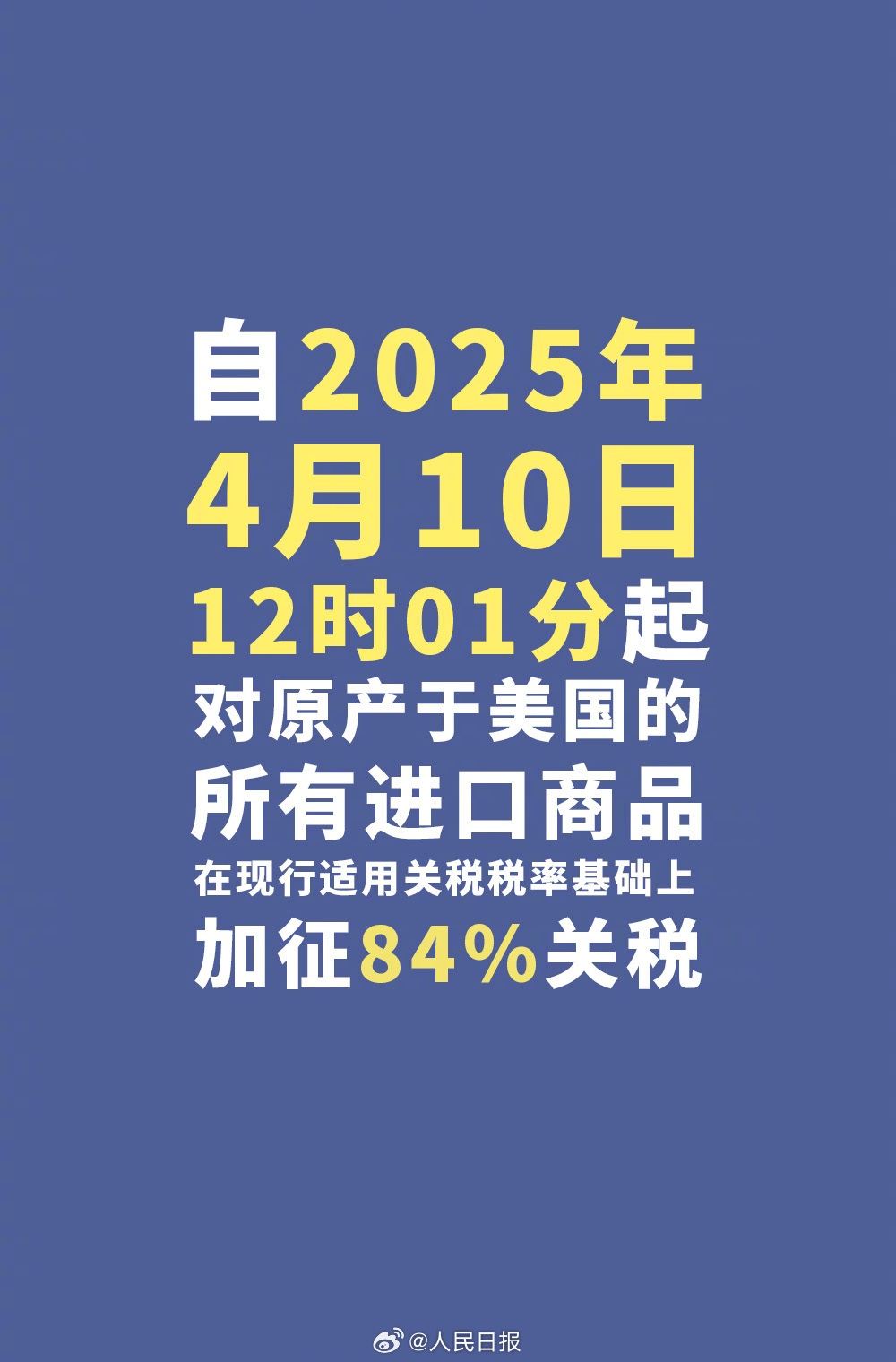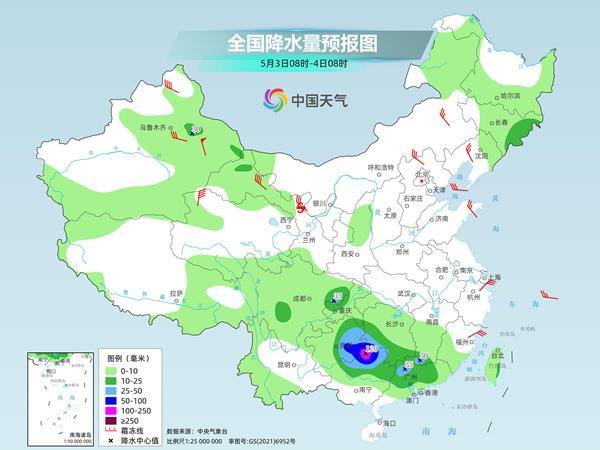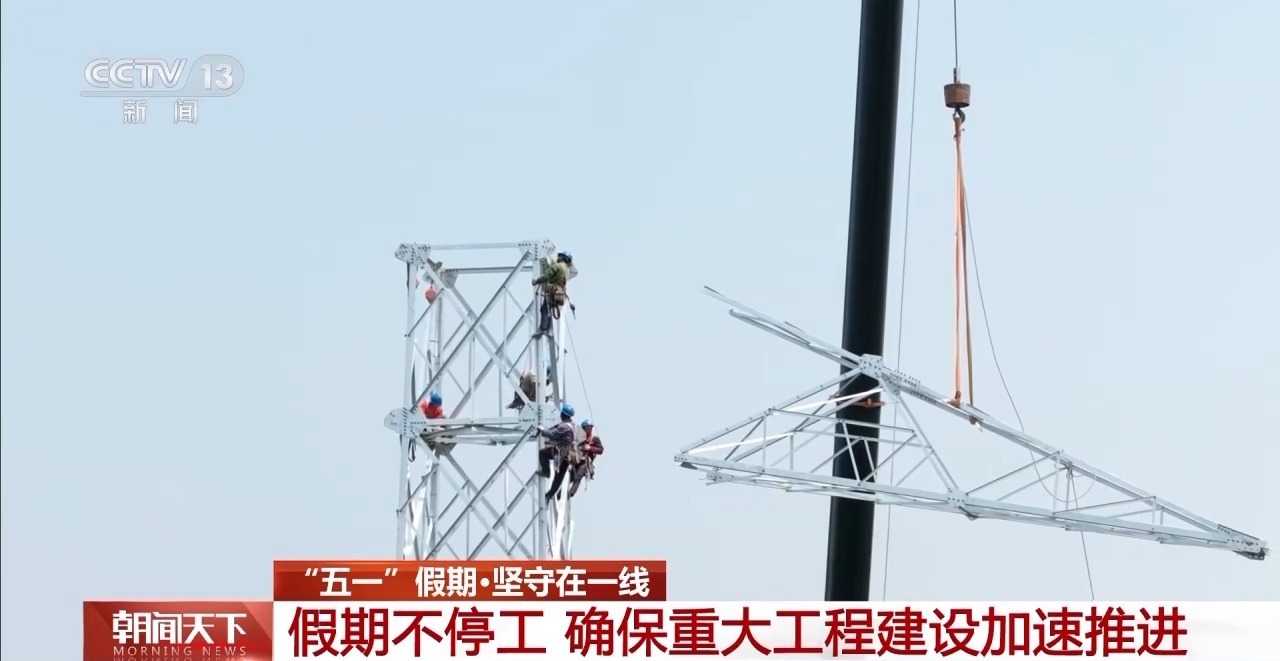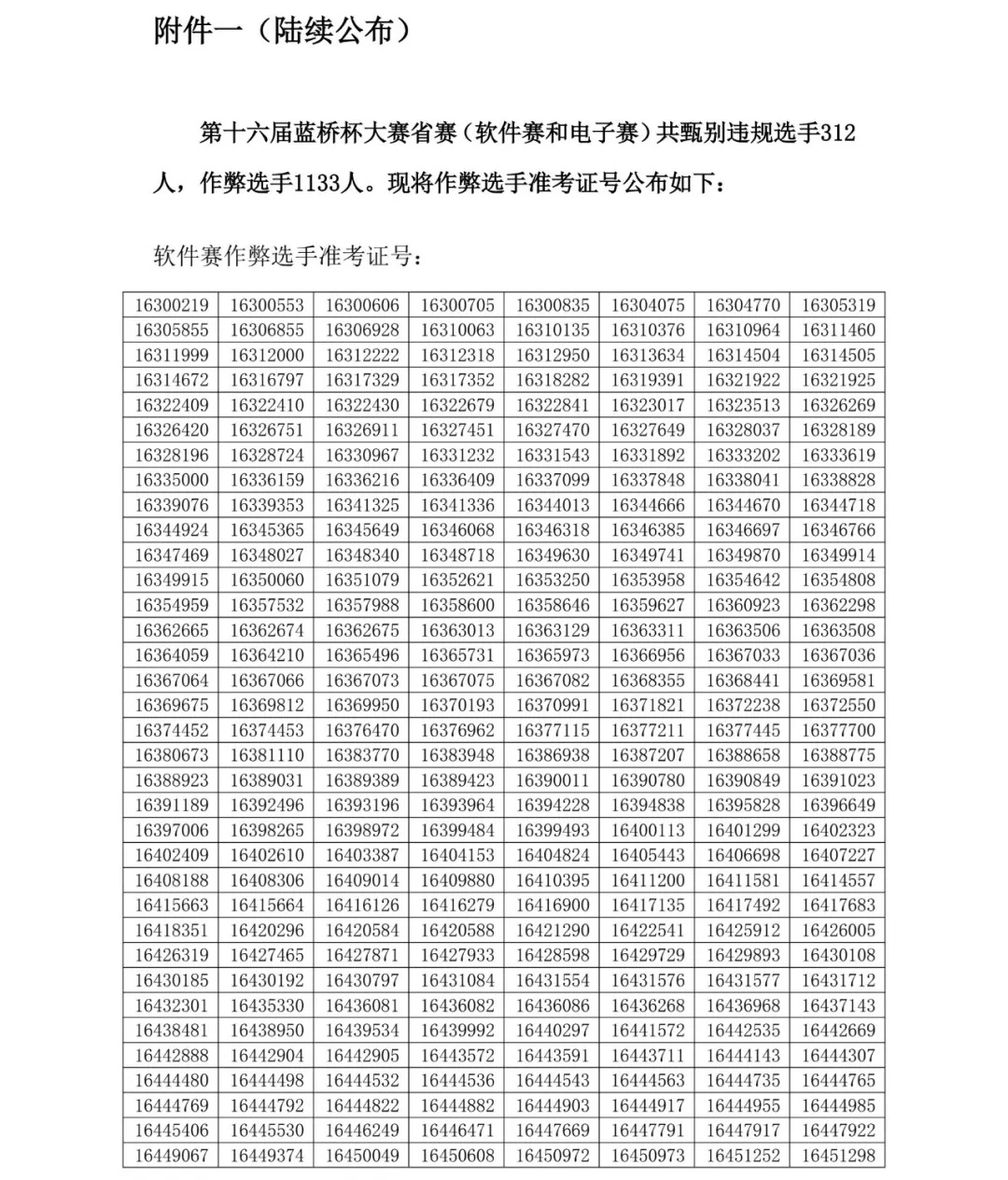Rethinking the consequences of U.S. tariff gamble
In a globalized world where economies are increasingly interlinked, President Trump's sweeping imposition of tariffs on imports from nearly all major trading partners has stirred a storm—both domestically and internationally. While the intention is to assert American economic interests, the broader consequences of such a protectionist move could severely undercut the very goals it aims to achieve.。
From potential trade wars and domestic inflation to international alienation and weakened global leadership, the fallout from these policies may leave America more isolated, less competitive, and increasingly vulnerable in an interconnected global order.。

Tariffs in theory vs. reality。

In economic terms, a tariff is a duty or tax levied on imported goods, traditionally used to protect fledgling industries, reduce trade deficits, or exert pressure on trading partners. Historically, countries like the U.S. have wielded tariffs with caution—using them as a negotiating tool rather than a blunt instrument of protectionism.。

But today's context is different. The U.S. is no longer a manufacturing-heavy economy. Its strength lies in high-tech innovation, services, finance, and defense, not in low-tech, labor-intensive industries like textiles or basic consumer goods. Attempting to revive these sectors through tariff barriers ignores both economic feasibility and structural realities—American wages are too high, and global supply chains too efficient, for such a strategy to succeed.。
A unilateral decision with limited consensus。
Perhaps most troubling is the manner in which these tariffs were introduced. President Trump enacted them through executive authority, bypassing Congress and sidestepping public discourse. Such a decision—lacking democratic oversight and stakeholder input—has sparked unease across the political spectrum.。
Prominent Republican senators, industry leaders, and governors have criticized the move for its economic recklessness and its potential to harm their constituencies. Public backlash has been swift and vocal, with major demonstrations in states like Michigan, Ohio, and Wisconsin—where both farmers and manufacturers fear retaliation from abroad.。
Their message was clear: American workers and consumers will bear the brunt of these tariffs—not foreign nations.。
Who really pays for tariffs?
Despite political rhetoric, tariffs are not paid by foreign exporters. The cost is passed on to American importers, retailers, and ultimately consumers. Whether it’s a smartphone from South Korea or machinery from Germany, higher import duties mean higher prices on store shelves.。
A recent analysis by the U.S. Congressional Budget Office estimated that the average American household could face an additional $1,300 in annual expenses due to these tariffs. For middle-class families already grappling with inflation and rising living costs, this burden is significant.。
Moreover, small businesses—which form the backbone of the U.S. economy—are disproportionately affected. Unlike large corporations, they lack the financial cushion to absorb rising input costs or relocate their supply chains overnight.。
Global reaction: Allies alarmed, rivals energized。
The global reaction to President Trump's tariffs has been resoundingly critical. Traditional U.S. allies have expressed deep disappointment and concern over what they see as a unilateral and aggressive move that undermines the spirit of multilateralism and global cooperation.。
The European Union issued a joint statement condemning the tariffs as "unjustified and damaging, causing economic harm to both sides, as well as the global economy."。
Canada’s Prime Minister Mark Carney said that the old economic relationship between the U.S. and Canada is “over,” vowing that Ottawa will respond “forcefully.”。
The Chinese government strongly condemns and firmly opposes U.S. abuse of tariffs.。
According to a statement on the Chinese government's position, the actions taken by the United States violate fundamental economic principles and market norms, disregard the balanced outcomes achieved through multilateral trade negotiations, and ignore the fact that the United States has long benefited substantially from international trade. Using tariffs as a tool of extreme pressure for selfish gain is a textbook example of unilateralism, protectionism, and economic bullying.。
Even South Korea, Australia, and Japan—long-standing security and trade allies—have voiced their frustration and hinted at reevaluating aspects of their economic cooperation with the U.S.。
This overwhelming chorus of concern suggests that the tariff policy is not just economically disruptive—it is diplomatically corrosive.。
Global retaliation: A domino effect。
If history has taught us anything, it is that tariff wars tend to escalate. In response to U.S. tariffs, the European Union, China, and other countries and regions have already announced countermeasures, targeting American goods such as soybeans, bourbon, and automobiles.。
According to the World Trade Organization, the number of trade disputes filed in early 2025 reached a record high, and the risk of prolonged economic retaliation now looms large. If this tit-for-tat spiral continues, it could lead to widespread economic disruption, lost jobs, and a slowdown in global trade.。
The World Bank warned that U.S. across-the-board tariffs of 10% could reduce already lackluster global economic growth of 2.7% in 2025 by 0.3 percentage point if America's trading partners retaliate with tariffs of their own. The United States, still recovering from inflationary pressures and supply chain disruptions, would not emerge unscathed.。
Undermining U.S. alliances and global influence。
Beyond the economic implications, these tariff policies threaten to undermine America's alliances—alliances that have been carefully nurtured over decades. Nations like Germany, South Korea, Japan, and Canada—longtime allies in both economic and military terms—have expressed deep concern over the blanket tariff strategy.。
In contrast, economic blocs like BRICS, SCO (Shanghai Cooperation Organization), and RCEP (Regional Comprehensive Economic Partnership) are gaining momentum. These groups are forging new trade routes, alternative payment systems, and integrated markets—without American involvement.。
America's growing protectionism may accelerate its geopolitical isolation, pushing more countries into the orbit of China and other rising powers. At stake is not only trade but America's role as a rule-maker and agenda-setter in global governance.。
Rethinking the path forward。
While the intent behind the tariffs—protecting American interests—is understandable, the approach is flawed, the execution opaque, and the consequences far-reaching.。
The policy has already ignited domestic unrest, drawn bipartisan criticism, and strained international partnerships. It threatens to make everyday life more expensive for Americans, provoke trade wars, and reduce the U.S.'s global relevance.。
Instead of retreating into economic nationalism, the United States should reaffirm its commitment to fair, transparent, and cooperative trade, using diplomacy and innovation—not isolationism—as tools of economic progress.。
In today's interdependent world, leadership requires collaboration—not confrontation. America must choose wisely.。
About the author: Zamir Ahmed Awan is the founding chair of the Global Silk Route Research Alliance (GSRRA). He is a sinologist and former diplomat. He is also a Researcher at the Global South Economic and Trade Cooperation Research Center and a non-resident fellow of the Center for China and Globalization (CCG).。
(责任编辑:综合)
-
 据海关总署4月9日公告,自今天12时01分起,对原产于美国的一切进口产品,在现行适用关税税率基础上加征84%关税。海关总署公告2025年第58号。关于对原产于美国的进口产品加征关税办法有关履行事项的公
...[详细]
据海关总署4月9日公告,自今天12时01分起,对原产于美国的一切进口产品,在现行适用关税税率基础上加征84%关税。海关总署公告2025年第58号。关于对原产于美国的进口产品加征关税办法有关履行事项的公
...[详细]
-
继续发力高端家电赛道,苏宁易购与博西举行2022年战略发动会
 曩昔一年,国内家电商场向高端化转型趋势显着,高端家电品类占比不断提高。2022年,深耕高端化仍将成为职业协作的主题。1月5日,苏宁易购与博西举行2022年战略发动会,苏宁易购总裁任峻与博西家用电器集团
...[详细]
曩昔一年,国内家电商场向高端化转型趋势显着,高端家电品类占比不断提高。2022年,深耕高端化仍将成为职业协作的主题。1月5日,苏宁易购与博西举行2022年战略发动会,苏宁易购总裁任峻与博西家用电器集团
...[详细]
-
 五一假日后三天5月3日至5日),南边降雨将再度开展增多,江南、华南等地部分有暴雨或大暴雨,并伴有强对流气候,大众请合理安排假日返程行程,出行留心交通安全。一起,较强冷空气影响我国,北方多地降温显着,并
...[详细]
五一假日后三天5月3日至5日),南边降雨将再度开展增多,江南、华南等地部分有暴雨或大暴雨,并伴有强对流气候,大众请合理安排假日返程行程,出行留心交通安全。一起,较强冷空气影响我国,北方多地降温显着,并
...[详细]
-
 肥壮损害不容小觑,它是多种慢性病的导火线。肥壮人群患心血管疾病的危险远高于正常体重者,仍是2型糖尿病的首要诱因,与血脂反常严密相关,可引发高胆固醇、高甘油三酯等代谢问题。体质指数BMI)是衡量人体胖瘦
...[详细]
肥壮损害不容小觑,它是多种慢性病的导火线。肥壮人群患心血管疾病的危险远高于正常体重者,仍是2型糖尿病的首要诱因,与血脂反常严密相关,可引发高胆固醇、高甘油三酯等代谢问题。体质指数BMI)是衡量人体胖瘦
...[详细]
-
 外交部发言人林剑掌管今日4月10日)举办的例行记者会。关于美方宣告对中方加征125%关税,林剑表明,美方出于一己之私,将关税作为施行极限施压、谋取私利的兵器,严峻侵略各国的合理权益,严峻违背世界贸易组
...[详细]
外交部发言人林剑掌管今日4月10日)举办的例行记者会。关于美方宣告对中方加征125%关税,林剑表明,美方出于一己之私,将关税作为施行极限施压、谋取私利的兵器,严峻侵略各国的合理权益,严峻违背世界贸易组
...[详细]
-
重庆洪崖洞景区周边封桥又封路,便利游客漫步摄影,外籍游客点赞“风趣而美丽”
 极目新闻记者 邓波。5月2日,五一长假第二日,重庆市网红景区洪崖洞仍旧火爆。当天黄昏,极目新闻记者从5公里外的南岸区打车前往渝中区的洪崖洞景区,需求耗时50分钟。地图上显现,洪崖洞周边路途拥堵成深红色
...[详细]
极目新闻记者 邓波。5月2日,五一长假第二日,重庆市网红景区洪崖洞仍旧火爆。当天黄昏,极目新闻记者从5公里外的南岸区打车前往渝中区的洪崖洞景区,需求耗时50分钟。地图上显现,洪崖洞周边路途拥堵成深红色
...[详细]
-
 2022年1月26日,为了更好地剖析学情、做好期末总结并辅导下一阶段的教学作业,庐阳高中高一年级部特举行了期末考试成果剖析会。本次会议由教务处副主任、高一年级部主任唐琦超掌管,校党委书记、校长裴劲,副
...[详细]
2022年1月26日,为了更好地剖析学情、做好期末总结并辅导下一阶段的教学作业,庐阳高中高一年级部特举行了期末考试成果剖析会。本次会议由教务处副主任、高一年级部主任唐琦超掌管,校党委书记、校长裴劲,副
...[详细]
-
 “五一”假日,许多人在和亲朋好友一起享用闲适的假日韶光,而与此同时,许多不同职业的建造者们仍坚守岗位,推动一批严重工程加快建造。在甘肃, 我国“沙戈荒”新动力基地演示项目——我国绿发金塔多能互补电站建
...[详细]
“五一”假日,许多人在和亲朋好友一起享用闲适的假日韶光,而与此同时,许多不同职业的建造者们仍坚守岗位,推动一批严重工程加快建造。在甘肃, 我国“沙戈荒”新动力基地演示项目——我国绿发金塔多能互补电站建
...[详细]
-
 湖北日报全媒记者 张乐克 匡柏学。杨然 曾莉 通讯员 彭学文 唐悦。4月11日17时,武汉江夏区天空突然晦暗,暴风拉扯着法泗大街气候监测仪,赤色数字在暴雨中张狂跳动:风速每秒34米!最劲风力达12级。
...[详细]
湖北日报全媒记者 张乐克 匡柏学。杨然 曾莉 通讯员 彭学文 唐悦。4月11日17时,武汉江夏区天空突然晦暗,暴风拉扯着法泗大街气候监测仪,赤色数字在暴雨中张狂跳动:风速每秒34米!最劲风力达12级。
...[详细]
-
 淮南市毛集试验区自然风景得天独厚,人文资源丰富厚重。为进一步提高毛集文明旅行质量,打造文旅新品牌、建立文旅新形象,提高“焦岗湖”文明旅行品牌国内外形象,2022年,毛集试验区发
...[详细]
淮南市毛集试验区自然风景得天独厚,人文资源丰富厚重。为进一步提高毛集文明旅行质量,打造文旅新品牌、建立文旅新形象,提高“焦岗湖”文明旅行品牌国内外形象,2022年,毛集试验区发
...[详细]

 中汽协:一季度轿车产销同比增加14.5%和11.2%
中汽协:一季度轿车产销同比增加14.5%和11.2% 庐阳高中高三班主任会:凝心聚力 展望未来
庐阳高中高三班主任会:凝心聚力 展望未来 合肥撤除影响公共安全违建6803处约100.6万㎡
合肥撤除影响公共安全违建6803处约100.6万㎡ 1133人做弊!撤销成果,禁赛三年
1133人做弊!撤销成果,禁赛三年 火光中的藏蓝防地——东宝公安成功补救民宅火灾看护大众安全
火光中的藏蓝防地——东宝公安成功补救民宅火灾看护大众安全
